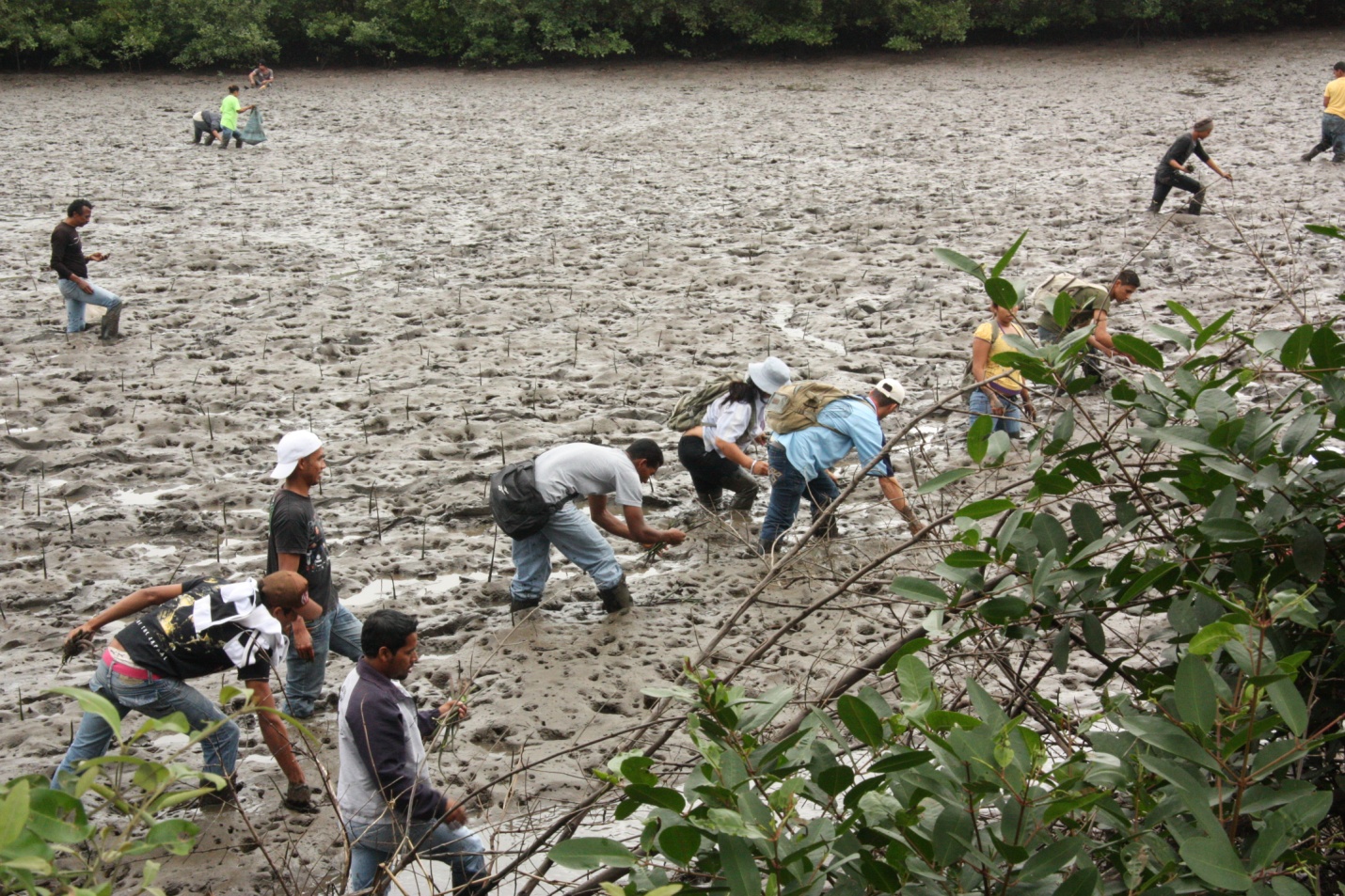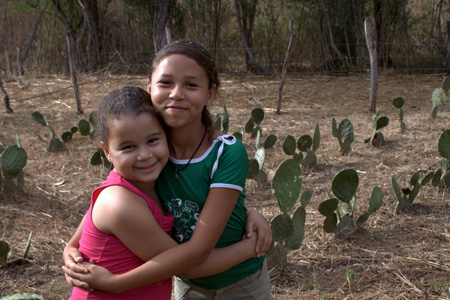
This week, Brazil is hosting a conference on Sustainable Development called Rio+20 in Rio de Janeiro. My colleague, Oscar Castañeda, recently wrote about the conference in his post, Let's Talk... Rio+20. You might have also seen on the blog, How to Follow Along with #RioPlus20 as well as Water Issues at Rio+20 and in Morante, Peru.
Why is Rio+20 important?
According to the UN's website, Rio+20 is bringing together:
"world leaders, along with thousands of participants from governments, the private sector, NGOs and other groups... to shape how we can reduce poverty, advance social equity."
That is huge! So many willing parties wanting to make a difference. You've heard me say before that everyone (anyone!) needs to DO SOMETHING! The first step is to recognize that there needs to be change and that we can't continue as we have been. Too many people are suffering, too many people are dying, from causes within our power to eradicate.
The poorest of the poor suffer most from environmental degradation and natural disasters. Look at the Bhopal disaster or Hurricane Katrina; it was those living in poverty, on marginal land, who suffered the brunt of these tragedies. This is not ok. We can't sit by and just accept that this is the way life is - it's not.
But you can't just care for the environment and say you've done your part (although it is a start). You have to understand that the environment is just one component of social justice. They go hand and hand. And through social justice we can END (not just alleviate) hunger and poverty.
Heifer teaches that there are different components involved in ending hunger and poverty. In a blog I wrote, The Role of Social Capital in Heifer's Work, I mention Heifer's Theory of Change, which says that to improve sustainable livelihoods we need to increase income and assets of the impoverished, assure their food security and nutrition and ensure care for the environment. In addition we need to focus on and elevate women's empowerment as well as the community's social capital. These impacts will help us achieve our mission.
To restate, the poorest of the poor suffer more than the rest of us from environmental degradation. So how does Heifer respond? Let me share an example.
Nearly all of Heifer's projects in the Americas are designed with an intentional environmental focus. In fact, well more than 90% of the active projects in the Americas focus on agroecology, which Heifer defines as "socially, economically and ecologically sustainable agricultural production achieved through the management of natural resources to provide food and other products to restore and regenerate environmental functions and ecosystem integrity that protect the biosphere." Many of the Americas projects also specifically reference climate change.
In Ecuador, we have a project called Ancestral Peoples of the Mangrove Ecosystem of Ecuador Recover the Territories Where They Live and Produce. This project has been implemented in five provinces on Ecuador’s coast, where 70% of the mangrove ecosystem, which provides the livelihood of small fishing and gathering peoples, has been illegally destroyed to farm tropical shrimp. This practice has displaced people from their ancestral territory and caused the loss of their incomes. The project supports capacity building to sustainably reforest the mangrove. The project also advocates on behalf of communities so they can exercise their constitutional rights in the territories illegally occupied. The project has also introduced alternatives for income generation like community tourism microenterprises. Work has also been done using agroecological and mangrove ecosystem fairs to educate local producers and improve their production, as well as to inform local consumers about what the mangrove ecosystem has to offer. Increased awareness through these fairs and marketing is promoting local engagement in mangrove conservation efforts.
As you can see, caring for the environment is a lot of work and part of a larger system. And this is only one of the MANY examples we have. We are successful because we have staff and projects participants that are committed to leading the way to change. Oscar mentioned in his post:
"Additionally, we want everyone to know that the answers to many of these complicated issues are present at local levels. Farmers, fishers, indigenous peoples, campesinos—these individuals and their organizations have the solutions and they are themselves part of the solution. Their voices just need to be heard, and at Heifer, we want to do our part to make sure those voices are heard."

This week, Heifer has had a presence through our Brazil country program staff at the People's Summit, which runs parallel to the Rio+20 activities. It's important for us to be present at the conference and commit to sustainable development (it's what we do!), alongside many of our partner organizations. Our colleagues have promised to update us (and you!) through the blog after the conference.
In the meantime, the conference negotiations have come to a conclusion, and text has been developed to define the Future We Want.
I've mentioned this before (and I'm always happy to say it again), but I know the future I want. It is one that sees an END to hunger and poverty, and that day will come!